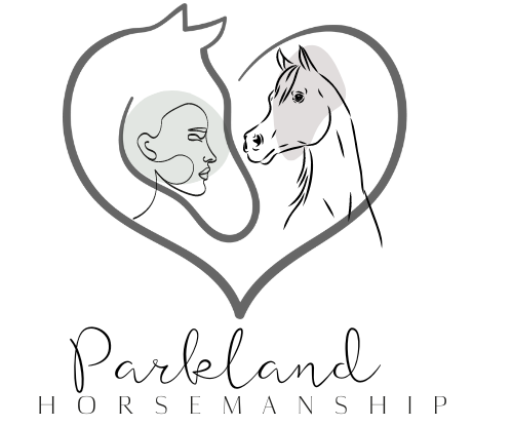Equine-assisted learning (EAL) is an experiential approach to goal-oriented human interactions that utilizes horses and horse-facilitated activities as tools. Participants engage in activities tailored to their identified goals with help from a coach.
EAL should not be confused with Equine-Assisted Therapeutic Intervention (EAT). In contrast, EAL sessions are conducted by mental health professionals.
Definition
Equine-assisted learning (EAL) is an educational approach which utilizes horses in experiences to achieve specific learning goals. EAL differs from equine-assisted therapy (EAT), which uses horses as part of therapeutic interventions for rehabilitation or wellness goals.
Horses, as prey animals, are highly aware of their surroundings and responsive to human emotions, making them excellent tools for cultivating relationships and developing personal growth skills such as empathy, boundaries, leadership, teamwork communication self-awareness.
At Solid Ground, we leverage the powerful bond between humans and horses to teach essential life skills to individuals, families, and organizations. Our non-riding equine activities focus on building connections, trust, and confidence by herd observation, grooming, leading, leading the herd, etc. with guidance from coaches – all designed to help improve quality of life through better understanding yourself! Learn more about our EAL program here.
Benefits
Equine-Assisted Learning is a powerful experiential tool for individual growth and personal development. Additionally, this team activity serves to develop leadership and teamwork. Lessons learned from horses become applicable skills applicable in everyday situations.
EAP can be an excellent solution for individuals experiencing anxiety, depression or low self-esteem. Interacting with horses helps build trust while creating a safe space where individuals can express themselves freely. Furthermore, this tool can also be beneficial to those dealing with attention deficit hyperactivity disorder (ADHD).
Research has demonstrated the value of English as a second language (EAL) in improving relationship formation, communicating emotions effectively, problem-solving successfully and meeting challenges head on. EAL also increases awareness of one’s strengths and weaknesses – this study at Tufts University Cummings School of Veterinary Medicine demonstrated this benefit by helping their students cope with stress and anxiety better, manage failure more successfully, develop empathy for others as well as deal with stress related situations more effectively – an especially essential tool in the veterinary setting where working long hours and demanding tasks may lead to burnout!
Costs
Horses are prey animals with great empathy for human emotions, making them the ideal partner to develop leadership, communication and team-building skills. Our non-therapeutic program emphasizes self-confidence, trustworthiness, accountability and emotional intelligence development.
Therapeutic riding or equine-assisted psychotherapy typically require a mental health diagnosis, while educational programs are open to anyone without needing one. They do not charge according to clients’ insurance coverage but instead charge per session.
Equine Assisted Learning sessions cost around $115 an hour-long session and include twice daily stall cleaning and individual grooming, specialized supplement feedings, session horse handler and professional coach services, PATH Intl’s Fundamentals of EAL online course offering 13 modules of guided education on the primary skills – or core competencies – needed to safely and successfully facilitate Equine Assisted Learning sessions; certification as an Equine Assisted Learning Facilitator requires taking this course first.
Finding a Program
Equine-assisted learning (EAL) has gained considerable traction as an effective method for improving mental health, emotional wellness, and educational goals. There are two distinct approaches used with horses for this purpose – Equine Assisted Therapy (EAT) and Equine Assisted Learning (EAL).
Both methods involve interaction between horses and people to reach specific goals; however, their objectives and methods of professional facilitation differ considerably. The Eating Animal Therapy model offers individuals an opportunity to safely explore emotions and challenges in a safe setting while developing new coping skills and developing deeper self-awareness through immediate feedback from horses.
EAL provides a series of learning activities designed to encourage positive development in communication, self-awareness, empathy, trust and leadership. There are several programs offering EAL sessions or workshops tailored specifically towards clients’ individual goals; examples include Equuvation and Epona Quest.

